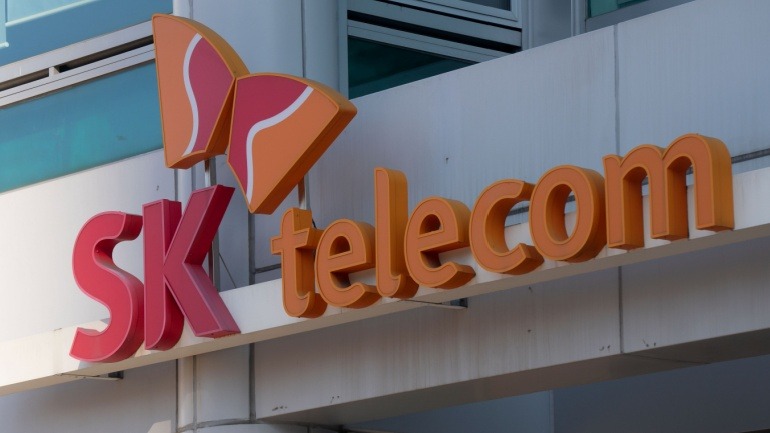SK Telecom, South Korea’s largest telecom operator, closed the second quarter with 17 million subscribers in the 5G sector, showing a 4.9% growth compared to the same period last year when they had 16.2 million. Surprisingly, this growth took place despite losing 220,000 subscribers due to a recent cybersecurity issue. By the end of June, 77% of SK Telecom’s overall handset subscribers were using 5G, an increase from 71% at the same time in 2024.
However, the company’s financial results present a complex picture. Operating profits dropped by 37.1% year-on-year to KRW338 billion (USD 244 million), with total revenues slightly declining by 1.9% to KRW4.34 trillion. SK Telecom also saw net profits plummet by 76.2% to KRW83 billion, largely due to increased capital expenditures, which rose 63.6% to KRW635 billion. This substantial increase in costs was not unexpected, given the company’s recent initiatives to bolster its infrastructure.
Notably, SK Telecom’s artificial intelligence (AI) segment achieved substantial growth. The AI business rose by 13.9% compared to the same quarter last year. The AI data center (AIDC) section increased by 13.3%, reaching KRW108.7 billion in revenue, benefiting from higher utilization rates. Additionally, AI Transformation (AIX) revenue grew by 15.3% to KRW46.8 billion, fueled by a surge in business-to-business solutions sales.
The company is also making strides in AI infrastructure through its collaboration with Amazon Web Services (AWS). Announcing plans for a new AWS-backed data center in Ulsan, set for 2027, SK Telecom aims to boost its data center capacity to over 300 MW. This strategic move aligns with their goal to establish an ‘AI Infrastructure Superhighway,’ positioning the company as a regional AI hub in the Asia Pacific by 2030.
SK Telecom aims to achieve over KRW1 trillion in annual revenue from its AIDC business by 2030. The new GPU-as-a-Service (GPUaaS) platform, branded ‘Haein,’ is part of their latest offerings, constructed with over 1,000 Nvidia B200 GPUs. This development supports South Korea’s Proprietary AI Foundation Model program, designed to develop globally competitive national AI models.
In addition to technical advancements, SK Telecom prioritizes user efficiency with its ‘Petasus AI Cloud’ virtualization solution, allowing dynamic partitioning and reconfiguring of the GPU cluster based on customer requirements. This approach promises enhanced utilization and efficiency in AI services for a broad user base.







